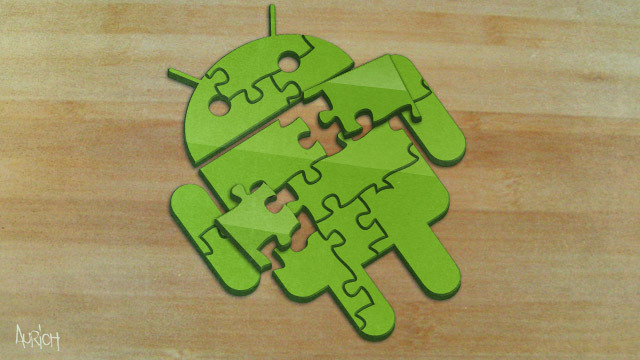
SAN FRANCISCO—Lawyers for Google and Oracle fought over the final details of their upcoming copyright trial today, debating issues of courtroom technology, time limits, and what type of evidence jurors will see.
Oracle sued Google in 2010 for violating its copyright because the search giant used parts of 37 Java APIs in creating its Android operating system. Oracle acquired Java when it purchased Sun.
Oracle lawyer Peter Bicks pleaded for more time, saying that US District Judge William Alsup's original time limit of 12 hours of evidence per side for a "liability phase" and seven hours each for a possible "damages phase" isn't long enough for the company to make its case.
"They've got 26 'will call' witnesses," Bicks said. "As you look at the timeline, there's about 10 years of history" involved in the case.
Google lawyer Robert Van Nest urged Alsup to keep the original time limits.
"They're getting four or five different experts to say how important the code is," countered Van Nest, noting again that only "seven or eight thousand" lines of code are in question out of Android's 15 million lines of code. "They will all say, 'Oh, these declarations are critical, they're the heart of Java.' They're trying to load this up with experts, and I don't think that's right."
Alsup ultimately granted 15 hours for the liability phase but reduced the damages phase to a five-hour limit.
Van Nest also asked if jurors could be provided with pictures of witnesses to jog their memories—a concern of Google's, whose witnesses will go first.
"I tried that once in a trial," Alsup said, rejecting Van Nest's suggestion. "One of the lawyers photoshopped it. This perfectly nice looking woman ended up looking like the Wicked Witch of the East."
Alsup said that pictures of witnesses can be shown during closing statements, but he didn't want the jury given papers identifying them.
Oracle has said it intends to ask for upwards of $8 billion in damages during this case, the second time Oracle v. Google will be headed to a jury. If the judge allows the jury to consider a figure that large and Oracle wins, it will be one of the largest civil verdicts ever.
Google won a 2012 trial after Alsup ruled that APIs couldn't be copyrighted at all, but that decision was overturned by an appeals court. In the upcoming trial, Google will only be allowed to use fair use as a defense to copyright infringement.
reader comments
166